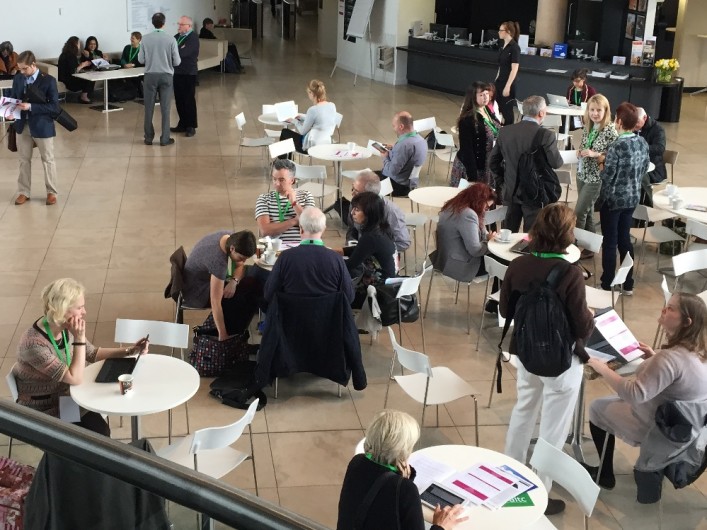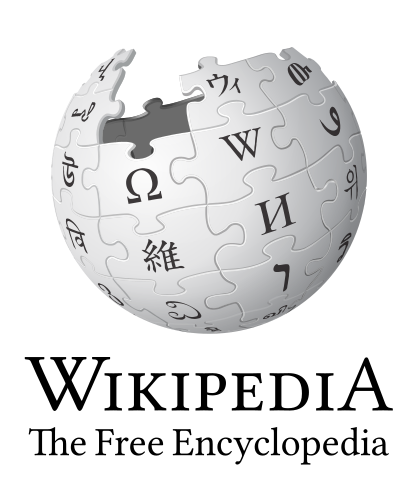By Lorna M. Campbell
In April 2016 the University of Edinburgh will host the international Open Educational Resources Conference, OER16, which is coming to Scotland for the first time in its seven-year history. OER16 is being co-chaired by Melissa Highton, Director of Learning, Teaching and Webservices at the University of Edinburgh, and Lorna M. Campbell, Digital Education Manager at EDINA and OER Liaison at LTW. The conference is being supported and organised by The Association for Learning Technology (ALT).
The University of Edinburgh has a long tradition of openness and civic engagement,a world class reputation for encouraging innovation in open education and a forward looking vision for sharing OER.
The theme of the OER16 is Open Culture and the conference will focus on the value proposition of embedding open culture in the context of institutional strategies for learning, teaching and research. Conference themes include:
- The strategic advantage of open and creating a culture of openness.
- Converging and competing cultures of open knowledge, open source, open content, open practice, open data and open access.
- Hacking, making and sharing.
- The reputational challenges of open washing.
- Openness and public engagement.
- Innovative approaches to opening up cultural heritage collections for education.
One aim of the conference is to start to break down some of the barriers between different open communities; open education, open knowledge, open data, open GLAM, and with this in mind, a diverse range of keynotes and invited speakers has been lined up.
Catherine Cronin, of the National University of Ireland, Galway, will be asking “If ‘open’ is the answer, what is the question?”, and exploring how we can broaden access to education in ways that do not reinforce existing inequalities.
Jim Groom, of Reclaim Hosting, ds106 and edupunk fame, will be asking what would happen if we could imagine technical infrastructure as an open educational resource? How would our conception of OERs expand if we could easily and efficiently create and share applications across institutions?
Melissa Highton, Director of LTW, University of Edinburgh, will discuss the challenges for leadership in open educational resources, the role of universities in open knowledge communities and reflect upon the returns and costs associated with institutional investment.
John Scally, Chief Executive and National Librarian at the National Library of Scotland, will focus on Library’s new strategy; “The way forward: 2015-2020”, which lays out the path to turn the NLS into a digital destination making it’s 24 million items accessible online over the next 10 years. John will outline the range of approaches NLS is taking to opening up access to cultural resources and discuss the challenges for leadership in this area at a national level.
Emma Smith, Professor of Shakespeare Studies, University of Oxford, will reflect on her many years producing OER in her own discipline area, through initiatives such as Great Writers Inspire, and the opportunities it has brought for her colleagues, students and her own research.
The conference will also feature a number of presentations from active Wikimedians.
For further information and to register for OER16 Conference visit the OER16 website and follow the conference tag on twitter #oer16. Early bird registration rates are available until the 6th of March.

















